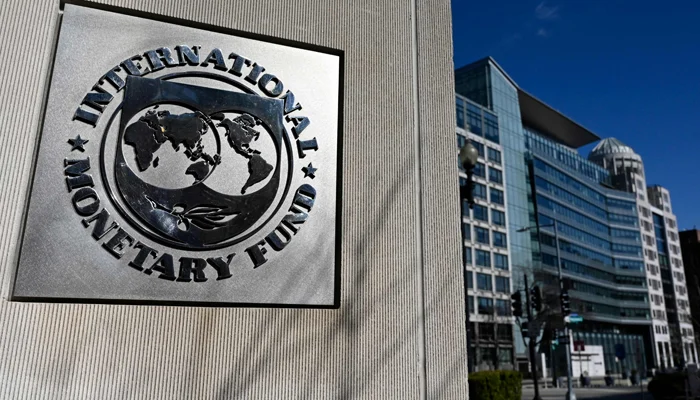ISLAMABAD, June 22(ABC): Discussions between the International Monetary Fund (IMF) and Pakistan are underway and major progress has been made regarding the budget for the next fiscal year, Resident Representative to Pakistan Esther Perez Ruiz said Wednesday morning.
“Discussions between the IMF staff and the authorities on policies to strengthen macroeconomic stability in the coming year continue,” Ruiz said.
On Tuesday night, Pakistan and the IMF evolved a broader agreement on the budget 2022-23 to revise upward the FBR target and slash down the expenditures to achieve revenue surplus in the next fiscal year, reported.
Pakistan and the Fund staff achieved substantial progress to strike a consensus on budget 2022-23 and now the IMF will share a draft Memorandum of Economic and Financial Policies (MEFP) on coming Friday or Monday.
In the next few days, the IMF and SBP will work out modalities on monetary targets, including further tightening of monetary policy, net international reserves and net domestic assets.
Federal Minister for Finance Miftah Ismail on Tuesday night said that “Pakistan and the IMF locked the budget details and achieved substantial progress on finalising budgetary targets for 2022-23″.
“Now the MEFP will shared by the IMF soon,” the minister said.
According to sources, the government has fulfilled the demands of the IMF and accepted to slap Rs1,200 tax on salary earner of Rs50,000 to Rs100,000. The government made all-out efforts to convince the IMF but failed to do so. The FBR target has been proposed to be increased from Rs7,004 billion to Rs7,442 billion for the next fiscal. The expenditure target was revised downwards, so the revenue surplus of Rs152 billion would be achieved.
The sources said the petroleum levy has also been readjusted as the levy of Rs5 per litre will be imposed. This would be gradually increased up to Rs30 per litre instead of Rs50 per litre. The petroleum levy target has been slashed down from Rs750 billion to Rs550 billion.
The latest development comes a day after Federal Minister for Revenue and Finance Miftah Ismail had indicated the revival of the agreement with IMF within a day or two.
“I am very hopeful that the IMF programme will be revived soon,” the finance minister had said while speaking to journalists.
Following the downward trend of the Pakistani rupee against the US dollar, the recent development with the global lender was of utmost importance to steer the country out of the ongoing economic crisis.
To meet the conditions of the IMF, the government had to take some tough measures, such as banning the import of certain items and removing subsidies that resulted in an unprecedented hike in POL (petrol, oil, lubricants) prices.

